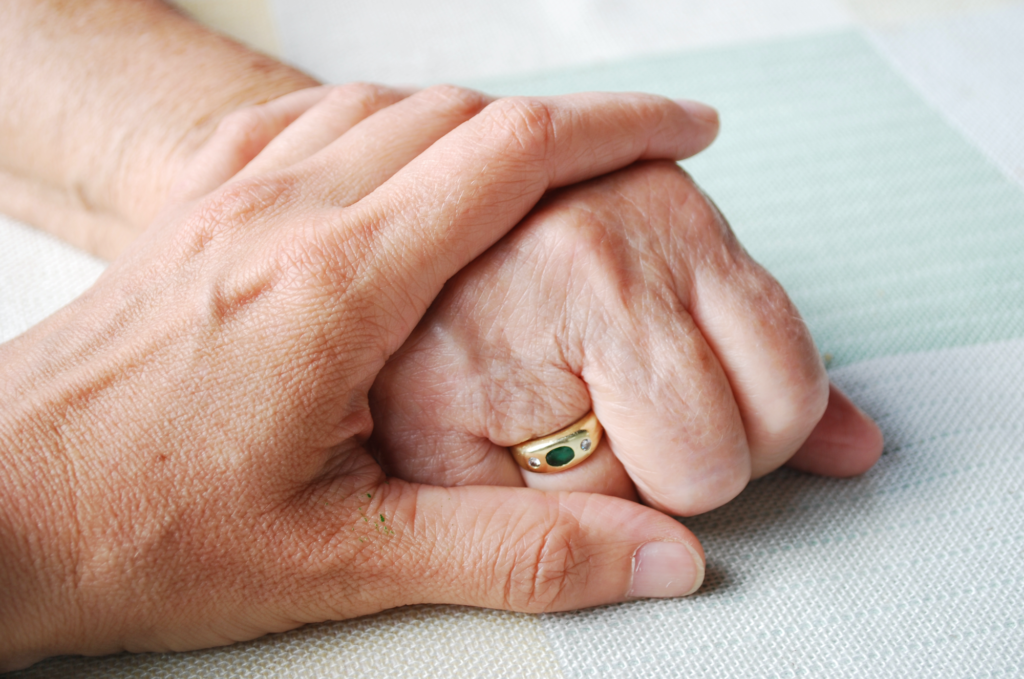
Throughout this time of social distancing, society as a whole is grieving the loss of normalcy. Routines have been turned upside down and our interactions with the outside world have diminished greatly. This can lead to feelings of anxiety, loneliness, and being overwhelmed by the situation.
Grief During the Pandemic
Grief is a natural response to loss and we are all too aware that those who are currently grieving the death of a loved one may not be able to do so in ways they have in the past. The feelings associated with grief can be compounded in times such as these, where communities around the globe are struggling with the COVID-19 pandemic.
Grief-related pain and symptoms – ranging from emotional to spiritual to physical and beyond – can be especially overwhelming right now for those who are mourning the loss of a loved one. At the same time, those wishing to provide comfort to friends, family, and acquaintances who are hurting are grieving the loss of being able to do so in person.
The advent of technology has made it possible to stream funeral services via the internet; meals to comfort and nourish can easily be ordered online and delivered; phone calls and FaceTime can help to keep us connected. However, we need to acknowledge that for many individuals it’s just not “the same” without being able to visit, sit with, and physically hug those who are hurting.
The Grief Process
The process of grieving – even during non-crisis times – is a highly individualized experience and it is not something that can be rushed. There is no set timetable for grieving, just like there is no right or wrong way to grieve. The healing process is one that occurs gradually, and is not something that can be rushed.
It’s also important to note that feelings of grief can be intensified by the current isolation precautions that are being advised. This can then lead to a heightened sense of anxiety, as well as a heightened sense of loss and sadness. Some common reactions to the loss of a loved one include:
- Trouble concentrating and forgetting things easily
- Changes in eating behaviors (eating less and/or eating more)
- Reliving past losses
- A profound sense of sadness and seeming to cry over “nothing”
- Experiencing fears about yourself or others getting sick and/or dying
- Feeling of anger towards the individual who has passed, about the death itself, at care providers, or towards aspects of faith
- Feelings of guilt or regret
- Trouble sleeping or sleeping too much
Over time, many grief related symptoms will begin to ease and fade. If you are concerned about what you or a loved one may be feeling, there are resources available. Reaching out to your physician, mental health professional, or faith practitioner (minister, pastor, rabbi, etc) are all excellent starting points for accessing grief and recovery resources.

0 Comments